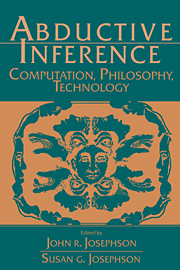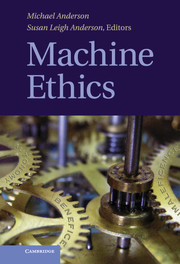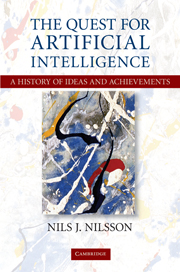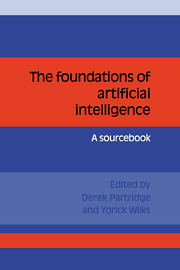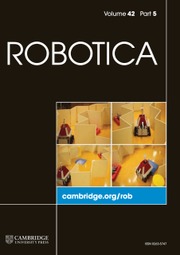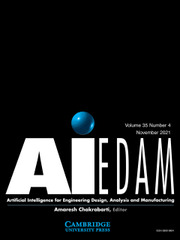Abductive Inference
In informal terms, abductive reasoning involves inferring the best or most plausible explanation from a given set of facts or data. This volume presents new ideas about inferential and information-processing foundations for knowledge and certainty. The authors argue that knowledge arises from experience by processes of abductive inference, in contrast to the view that it arises noninferentially, or that deduction and inductive generalization are enough to account for knowledge.
The book tells the story of six generations of increasingly sophisticated generic abduction machines and the discovery of reasoning strategies that make it computationally feasible to form well-justified composite explanatory hypotheses, despite the threat of combinatorial explosion. This book will be of great interest to researchers in AI, cognitive science, and philosophy of science.
- Analyses abduction as an information-processing phenomenon
- The work brings together artificial intelligence and philosophy of science and is rich with implications for other areas
Reviews & endorsements
"This book breaks new ground in the scientific, philosophical, and technological study of abduction." Peirce Project Newsletter
Product details
August 1996Paperback
9780521575454
320 pages
227 × 152 × 16 mm
0.434kg
59 b/w illus.
Available
Table of Contents
- Introduction
- 1. Conceptual analysis of abduction: what is abduction?
- 2. Knowledge-based systems and the science of AI:
- 3. Two RED systems
- 4. Generalizing the control strategy
- 5. More kinds of knowledge: TIPS and PATHEX/LIVER TIPS
- 6. Better task analysis, better strategy
- 7. Computational complexity of abduction
- 8. Diagnostic systems MDX2 and QUADS
- 9. Practical abduction
- 10. Perception and language understanding
- Appendices.

